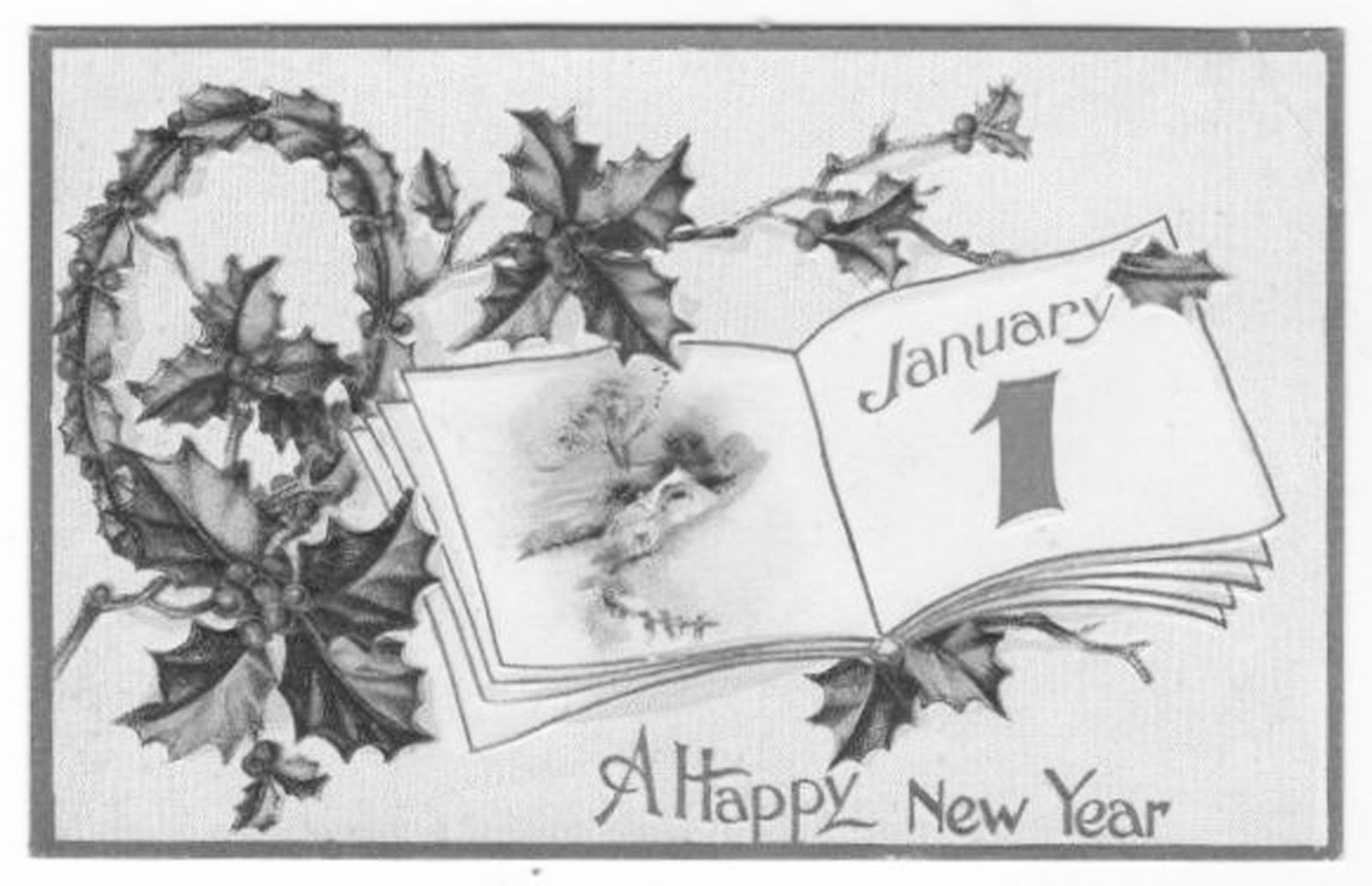Advice for the new year — from 1895
Published 3:15 pm Friday, December 28, 2018

- Image contributed
By BRENDA S. EDWARDS
Contributing columnist
A column that ran in Advocate in Jan. 1895 gave some timely advice for the New Year.
“It is not so much regret for sins that we have committed that bothers us in this world as the gnawing sorrow that attacks us when we think of many good things we might have done, the many little acts that would have cost us nothing and been to some sorrowful heart as a veritable ray of sunshine,” wrote a woman only identified as “Jane.”
She quoted Margaret Sangster’s poem, “The Sin of Omission:”
It is not the thing you do, dear,
It’s the thing you leave undone,
Which gives you a bit of heartache
At the setting of the sun.
“Now, why not let us begin right now to steer clear of the heartache by making the most of what we can be and do for others,” she wrote.
“This does not mean a lavish prodigality in money-giving — ah, no, for there would be a few indeed who could enjoy the delight of such bestowal. You do not need not be rich in this world’s goods in order to be able to bring happiness to your associates.
“There are gifts that the poorest can make which will be much more thoroughly replete with the genuine essence of comfort and hearts-ease than any benefit the wealthy can possible bestow. Look over your day as you lay a tired head upon your pillow and see if you could not done much to gladden some heart, and the doing would have cost you nothing if you had only thought.
“The tender word which you might have said, the tender message that you might have sent, a cheering word — how much these would have meant to the footsore and weary ones struggling in the midst of life’s battle.
“Life is at best too short for us to be tardy in giving that which is ours to give so lavishly. Many a burden becomes easier to bear through the tender influence of a gentle inflection in the voice that speaks the most trivial commonplace.
“Clouds become less dark when we feel that another heart beats in sympathy with our own.
“Give, then, of your own abundance, for the day will come, perhaps, when you will mourn sincerely over the sin of omission, which through your own thoughtlessness must be charged against you.”





